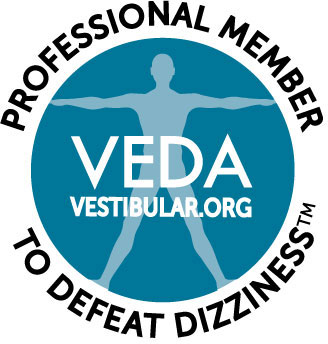In recent decades, cruise vacations have steadily increased in popularity with travelers. Cruising does, however, require a certain amount of adjustment by the body to the constant motion of the ship. This is often referred to as “finding your sea legs.” For most people, the transition between land and sea is fairly easy, and they can adapt relatively quickly between the two. A small number of people, however, develop a neurological disorder known as Mal de Débarquement Syndrome, which literally translates from French to “illness of disembarkation.”

What Is Mal de Débarquement Syndrome?
Mal de Débarquement Syndrome (MdDS) is a rare condition that can occur when a person gets off a ship or plane. Basically, the person still feels a rocking, swaying or bobbing motion that persists for several days, weeks or even months. When the patient is moving or riding in a car, they actually feel better. It is usually diagnosed by an ENT when vestibular testing proves to be negative. Until recently, there had been no treatment for this condition. Mt. Sinai Hospital in New York has made some great strides in a new kind of treatment which retrains the vestibular system and eye muscles to work together, but while they are doing great work, a portion of these patients do not get better. This was the case with one young lady I treated last week.
When Vertical Heterophoria & MdDS Collide
For this particular patient, there was also binocular vision dysfunction (BVD) present at the same time: she had vertical heterophoria. In contrast to Mal de Débarquement Syndrome, patients with vertical heterophoria (VH) typically feel worse in a car or with movement. However, these two conditions can occur at the same time. I believe this young lady always had VH, but she was not showing symptoms until something happened to her vestibular system, causing the MdDS. After being properly treated with aligning prismatic lenses to correct the VH, her symptoms decreased significantly. The visual component of her symptoms was resolved!
I find it very interesting how two conditions that affect the balance system can be related yet so often be misdiagnosed. If you’ve started experiencing symptoms of MdDS after a cruise and are having vertigo-like symptoms, it’s important to have a complete neurovisual examination to rule out other possibilities like VH and receive vertigo treatment if appropriate.
Get Help at the Neuro Visual Center of New York
For your own peace of mind, don’t hesitate to call the Neuro Visual Center of New York at (516) 224-4888 to talk to one of our neurovisual specialists and schedule a thorough neurovisual evaluation. We’re ready to help you get your life back.






Hello,
I have both MdDS and binocular vision suppression. I just received prism glasses from my doctor here in Omaha. I am curious how long it took your patient to feel better? I have had my glasses a week, but actually feel the dizziness/sway increasing.
Thank you for your help.
Everyone is different, however our patients using adapt within one week on average. You should talk to your doctor. We specialize in using the Feinberg Method to prescribe. Your doctor uses a different method since there is not a doctor trained by Dr. Feinberg in Omaha. Best of luck.
Hello I have MdDS and have prism glasses. They do not seem to work. Also I can’t tolerate the frame of my glasses. I have tried them for several weeks and no result. It increases my symptoms. I am very sensitive to unexpected visual paradoxes. Like when my car rolls back slowly when I don’t expect it to move. My MdDS symptoms go through the roof when this happens. Also patterns are a trigger. Like half open blinds… Any suggestions?
Hi Robert,
You may have the wrong aligning prescription. You should see a Neuro Visual Optometrist trained in the Feinberg Method.
i have had mdDS on and off for the last 10 years.
This last episode started after an airplane landing over a year ago.
I just went to the eye doctor who said my cataracts are really bad and suggested i do the surgery to get new lenses. Do you think this has any connection to how I feel?
The poor vision can be increasing your symptoms.